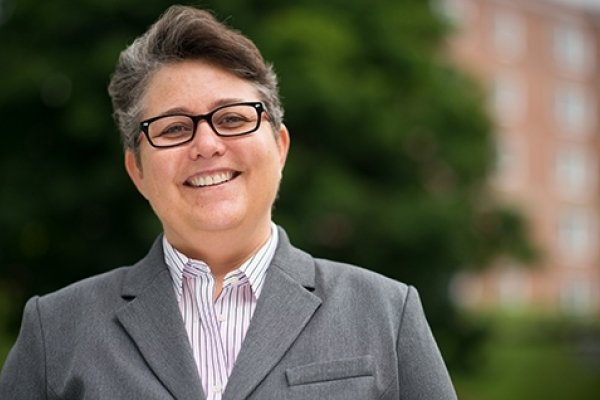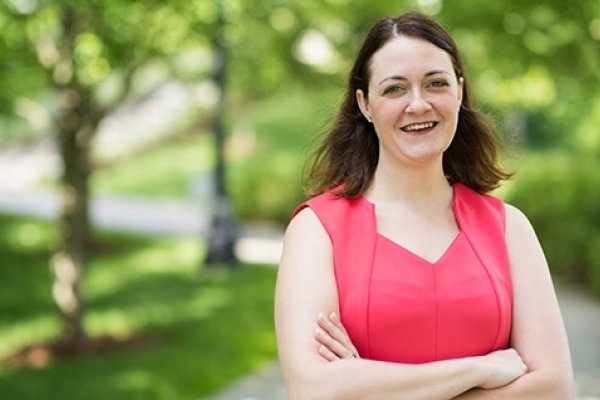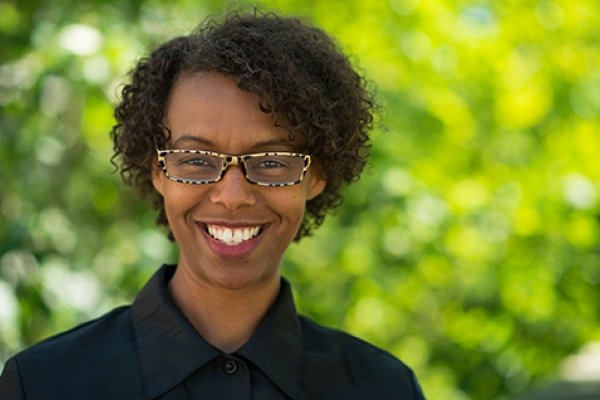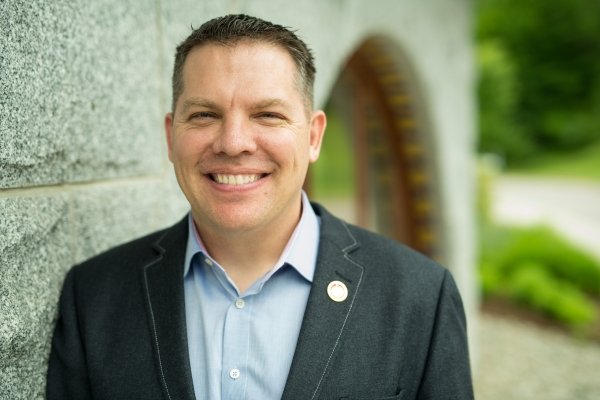
Master of Arts in Diplomacy
Help Change the World
You know the world is ready for a change. Develop the broad knowledge and specialized skills required to build cooperation, defuse tension, and promote peace between and among nations, groups, and other entities with Norwich’s online Master of Arts in Diplomacy program. Norwich prepares you to become an international problem solver in any sector, including public, private, nonprofit and the military.
Gain access to a learning experience that will broaden your international perspective. With Norwich’s online platform, you will work alongside diplomacy students from all around the world. Expert faculty members will mentor you from the start of your first course until you complete your degree.
Now, it is time to set yourself apart in the professional world. Choose a concentration in the area of diplomacy that is most relevant to your career path and educational goals so that you can function effectively and manage teams across borders and in different kinds of organizations.
You, at Norwich
- Develop skills to communicate more effectively within the complex international environment.
- Gain a clear perspective on international diplomacy, leadership and conflict.
- Tailor your diplomacy program studies based on your personal interests and career goals with 4 concentrations and the opportunity to pursue a thesis track.
- Learn from and be mentored by expert faculty members, all of whom hold terminal degrees in their field.
- Build a robust portfolio of research papers that you can leverage within your organization or submit as work samples to prospective employers.
- Join a school with a nearly 200-year legacy and rich military history.
- Apply to one of four start dates per year.
- Benefit from a university recognized as offering Best Value with respect to high academic quality and low net cost of attendance, according to the U.S. News & World Report.*
*Rankings are based on undergraduate programs and on students who received the average level of need-based financial aid.
Accreditation & Recognition

Norwich University is accredited by the New England Commission of Higher Education (formerly the Commission on Institutions of Higher Education of the New England Association of Schools and Colleges, Inc.).














